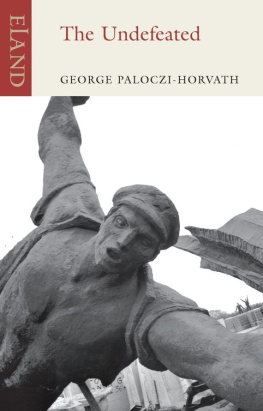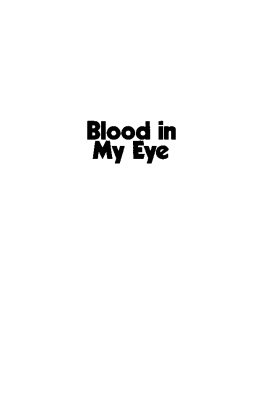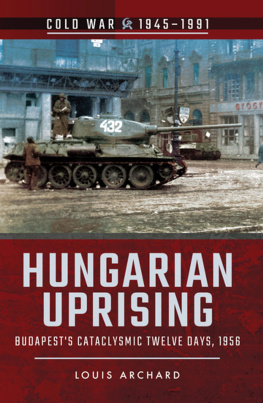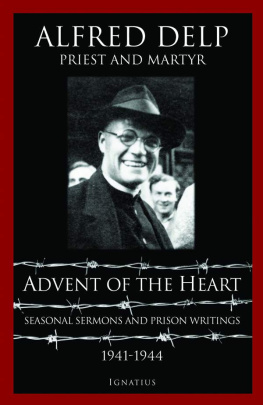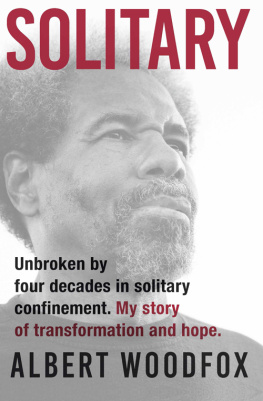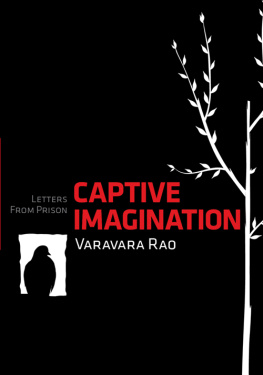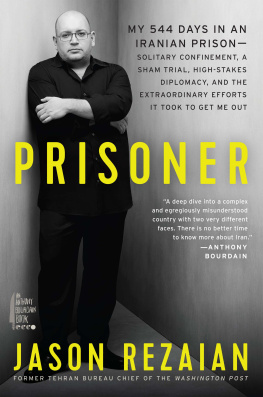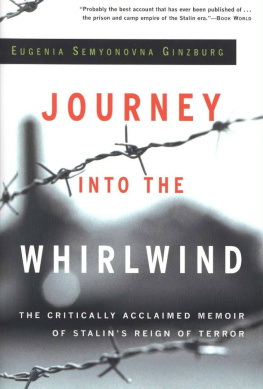W E LIVED AT THAT TIME in a sort of catacomb like the early Christians and we talked about salvation. Our physical survival seemed quite hopeless. We were prisoners of an evil system bent on our destruction. But some of us in that prison cellar and in similar catacombs all over the country were in fact doubly imprisoned; our minds were in chains. The obsession which helped to build up the evil system still held some of us in its grip. That obsession a curious sort of controlled schizophrenia made the life of its victims difficult even under normal circumstances; it turned jail existence into an unbearable nightmare.
And then some of us were saved; our minds were liberated by the relentless shock treatment.
My salvation came in 1951, when I had already spent two years in jail. I was feverish for days. I went through a crisis very near to a nervous breakdown. Then I slowly recovered and began to appreciate my return to the normal world of common sense and common decency.
We still sat in the very same catacombs; we were still emaciated convicts, the lowest of the low. No old and sick beggar in his senses would have changed places with us, but we the freshly saved ones were intensely happy. After years or even decades of mental strait jackets it was wonderful to be free within our skulls. We watched shyly and humbly the re-emergence of our consciences, the restoration of freedom within us.
My cellmates of that period were not all pessimists. There was a grey-haired man who believed that in ten or fifteen years we might be released. Knowing the story of my life, he said that the greatest responsibility in our group was mine.
You are a writer and intellectual, Sixteen (we called each other by our bunk number). You know both worlds. You have to write everything down when you are released into the greater prison. You must get a room for yourself all alone. You must write at nights, for years, and when you have written down the truth you must make several copies, somehow get aluminium containers, place a copy in each, and at various points in the country dig holes and put them away for the future.
He liked to talk about all the details of this task and mused with quiet satisfaction about the time when my manuscript would be found and the truth known. He was sorry that our country had no seashore. What a wonderful thing it would be if we could put our messages in bottles and let the waves carry them to the shores of free countries!
In time things took an unexpected turn. After three more years we were released into the greater prison as we called our country. Then the nation started to sizzle with revolt. We attacked the dangerous obsession and the evil system which had the powerful backing of a huge empire. We revolted and fought, and for a few glorious and crazy days we even thought that we were victorious. But the gigantic empire sent its armour and fire against us and our country was turned into the graveyard of a revolution. After the holocaust a great exodus started and on a stormy winter night I too struggled through the swamps on the frontier of my country to safety on foreign soil. As I lay at the foot of a haystack next to my wife and baby son, I thought of my grey-haired friend and his aluminium containers. What unshakable belief he had in the power of truth!
Now as I write I am thinking of messages in bottles, carried by the waves, carried on the ocean of time. I must try to report the facts. After an infinity in solitary confinement I see most things in a different light. Like many others I am a Rip van Winkle of the mid-twentieth century. Many Western intellectuals have fallen prey to the obsession; many learned to know intimately the evil system. Many went through tortures, brainwashing and solitary confinement. Many took part in revolts and many escaped. The world in my time is full of survivors, prison graduates and liberated minds. Their reports are conditioned by their intellectual tools and by their approach. Mine is that of a writer who has a background of social anthropology and of history.
There was a time not very long ago when the art of remembering became of vital importance for me. I spent more than a year alone in a humid, cold cellar cubicle, without anything to read. Some eighteen waking hours day after day, month after month in a cubicle three yards by four, with a wooden plank for a bed, four unlovely walls, a very bright naked electric light glaring mercilessly day and night an ocean of time and a human being utterly dependent on his brain as mainstay, as entertainment and as defense against madness!
I tried to defend myself by reliving my past. I searched all over my memory, I ferreted out tiny bits of my past, concentrating alternately on various periods of my life. Most of us prison graduates with long solitary-confinement records have good memories. After our terrible periods of loneliness we were thrown into larger cells, and there we compared notes with others. It turned out that in trying to fill out the millions of empty seconds, most of us had evolved similar systems. Most of us were aware that through our repeated struggles in trying to remember everything, our memories improved. The mental muscles, it seems, grow stronger with exercise and exercise they certainly had in our case.
The days had to be partitioned into various mental activities in order to avoid the despair of nothingness. You lectured to yourself, you did mental translation exercises; some people even played chess in their heads with imaginary opponents.
The most dangerous times came in the evenings when one was tired but was forbidden to lie down and sleep. It took effort to occupy oneself, to forget ones situation. In the evenings I permitted myself the luxury of reliving my travels. It was great luck that I have been in some forty countries and could occupy myself with reviving some of my journeys. And again this reliving of the past strengthened the mental muscles. I first noticed this in reviving in detail the trip between Cairo and Istanbul. Actually I made that trip eleven times during the Second World War. The Haifa-Beirut-Tripoli railway was not built then, and the journey in reality took nearly five days. When I first tried to revive it in memory it took only two hours. (One could tell the time by prison routine.) Some two weeks later I let my mind dwell again on the Cairo-Istanbul trip and I did not get through it in my head in one evening. And at the end of my solitary-confinement period it took three whole evenings, because I not only remembered hundreds of details of the journey, the faces of the sleeping-car attendants on the Cairo-Haifa run and on the Taurus express, but also the various people to whom I talked on the trips and my moods and thoughts at various stages of the journey.
Another pastime was trying to remember the names and faces of all the people I had met in Tehran or Cape Town, Stockholm or Paris, and all the other cities I had visited in my life. I counted the remembered names and it turned out that my memory contained thousands of them.
But all this is only the superficial upper level of ones memory. Going deeper, one has questionable experiences.
In the cellar cubicle I dwelt patiently and calmly on my early childhood . And even amidst such singularly advantageous laboratory conditions when there was nothing to divert my attention, and concentration was often not work but luxury even amid such conditions very little trustworthy material came back to me of my earliest childhood.
From my fifth year the bits of the past started to multiply. But were those bits virgin memories pure recollections uninfluenced by outside sources? I had reasons to doubt it. By digging to the sources I often found that I have talked to somebody about those bits of my childhood. So, for instance, I remember very well a scene in the garden of my grandparents estate when I was three. A naked little boy running towards a huge wooden tub filled with water. For many years I believed that I remembered this scene not only with my brain but also with my skin and it was only as a millionaire of time during my cellar existence that I found out the contrary. It was not firsthand memory; what I actually remembered was only a snapshot of the scene.

